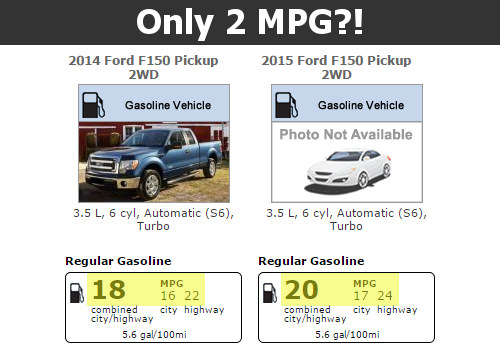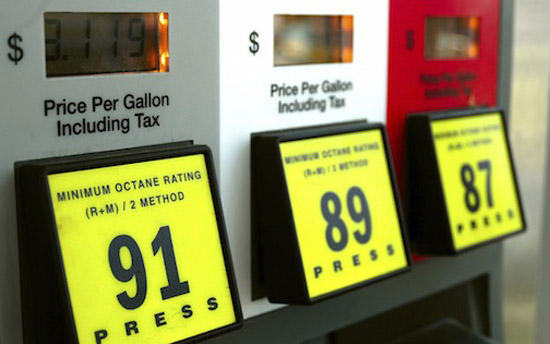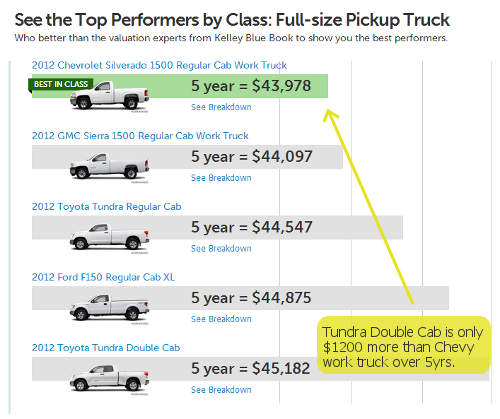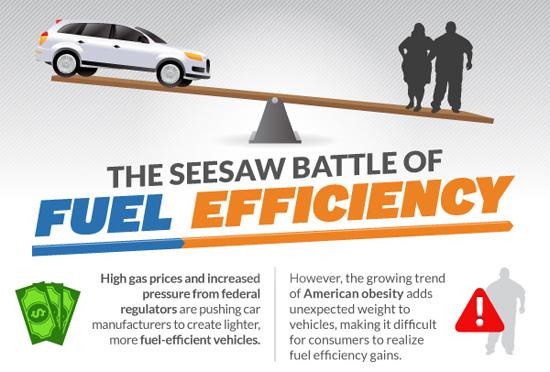 All Entries Tagged With: "fuel economy"
All Entries Tagged With: "fuel economy"
2015 F-150 Fuel Economy Ratings Disappoint
UPDATE: Ford contacted me to ask me to clarify a few things about my post. Specifically:
- Ford couldn’t help the timing of the announcement. Evidently, the EPA figures weren’t available until Thursday night, and Ford was in a bind to get the numbers out ASAP as trucks are hitting the ground any day now.
- Ford never said that their goal was 30mpg. I presented this as fact, but I should clarify – it was my understanding based on some people I’d spoken to that Ford’g goal was 30mpg…Ford never said that. My 30mpg statement below came off as fact and it shouldn’t have.
- Ford’s Mike Levine pointed out that the new 2.7L Nano EcoBoost V6 has a low asking price (it’s a $495 option), as well as excellent towing and payload ratings for the price and fuel economy.
My only response is to item #1. It’s truly incredible that the EPA would release the 2015’s certified fuel economy numbers so that they’d have to be published the Friday before Thanksgiving.
The original article continues below ###
Many people in the PR business believe that Friday afternoon is the best time to release bad news to the press…especially near the holidays. Guess what time Ford chose to release the fuel economy figures for the 2015 F-150?

Despite all the weight loss efforts, the same engines on the 2015 F-150 only get a little bit better gas mileage than the 2014. Here’s the comparison for the 2014 and 2015 3.5L EcoBoost.
Despite the extensive use of aluminum in the 2015 F-150, the truck’s fuel economy improved only slightly.
How Real Toyota Tundra Drivers Are Improving Their Fuel Economy
If Tundra owners or prospective buyers have a complaint, it’s been the Tundra’s lackluster fuel economy ratings. While it’s important to point out that the Tundra’s EPA fuel economy ratings are real – meaning Tundra owners actually get the mileage printed on the sticker – the fuel economy isn’t much to write home about compared to ratings on newer Ford, Ram, and GM trucks (only again, some of the EPA ratings on these trucks are impossible to duplicate).
While the Tundra is never going to be a Prius, there are ways you can save on fuel economy. Here are some practical ideas, taken from recommendations given by real Tundra owners on TundraTalk.net.

Want to save at the pump? Here are some tips.
Would $4.50 A Gallon Gas Keep You From Buying A Truck? Probably Not
According to AAA’s Daily Fuel Gauge Report website, the average gallon of regular gas costs about $3.59 today. According to a recent study by Experian Automotive, a $1 increase in the cost of a gallon of gas would have minimal impact on consumer buying behavior.
if gas prices increased by $1, in an average month with 1 million unit sales, the Small-Car Economy segment volume would increase by 7,000 units. Conversely, the same price increase would cause the Full-Size Pickup Truck segment to lose [5000 sales]
That’s right – according to Experian, $4.60 per gallon gas would barely effect new truck sales. Does that sound right to you?
The Tundra’s 5 Year Ownership Costs Are Top Notch, But You Can Save More
The Toyota Tundra is arguably the best truck on the market. It’s combination of power, resale value, safety, reliability, and comfort place it at the top of the heap. In fact, the Tundra’s 5 year ownership cost figures are excellent. From KBB.com:

Five year ownership cost figures from KBB.com show the Tundra is a great deal.
Still, the Tundra isn’t exactly cheap, is it? When you breakdown the five year ownership cost figure, you find that a big chunk of it (about $17,000) is fuel.
Therefore, if you want to save money, one of the smartest things you can do is cut your fuel use. Here are some simple, sure-fire ways to reduce the amount of fuel you buy.
Is that Big Mac Costing You MPG in Your Truck?
A new infographic by Allstate and Cars.com says that the biggest factor facing automakers trying to increase MPGs is you. All of you. The trend toward increased obesity is really making it hard for automakers to cut more weight. Put down the Big Mac and check this out.

Apparently, if everyone weighed 150 lbs (like the test driver automakers use to determine max towing capacities), we would all gain 1 MPG.

